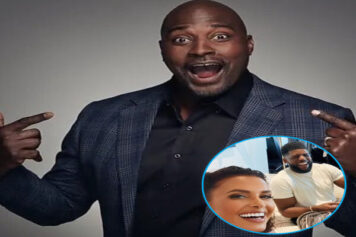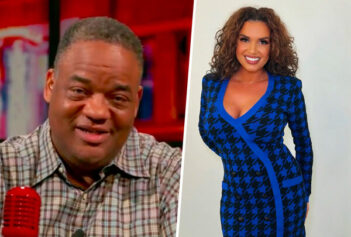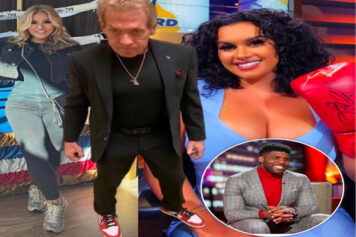To the untrained eye, a fight during a hockey game is no more than two guys slugging at each other in a barbaric way.
What most people dont know, even many hockey fans, is that the enforcers in the game of hockey have a code they go by. The enforcer is the dictator of the who, the when, and the where of when sanctioned violence takes place. They have one of the most unique roles in sports. They get to fight without reprisal.
That code is the overriding theme for the documentary Ice Guardians, a story of the history of enforcers in the game of hockey. The players featured were extremely candid about their roles for the teams they played for.
In some cases, those players needed to become a tough guy in order to stay in the NHL. Players like Bob Probert, Tony Twist, Georges Laraque, and Kevin Westgarth had an impact beyond fighting, in many cases setting the tone and righting wrongs.
Players like Brett Hull and Jarome Iginla, had nothing but good things to say about the men who made them look good. In some cases, they felt like they owed their careers to the enforcers on their teams.
Many of these guys fill a role weve seen in professional sports. A father-like, or a big brother-type of figure who keeps his teammates loose, while offering advice as a veteran player. For clarification, look no further than the most recent World Series Champions. Many of the Chicago Cubs have credited David Ross, who played 14 major league seasons, as a stabilizing influence on their team. He didnt play that much, but what Ross did for his teammates cant be quantified.
Like all good things, they can either evolve, or go the way of Beta tapes or Kangol caps.
These days, many NHL teams, at least the good ones, dont employ a full-time enforcer. And the sports blue bloods often struggle with how the game has changed right before their eyes. One of the most interesting moments of the documentary was when then-Toronto Maple Leafs General Manager Brian Burke had to send his enforcer, Colton Orr, down the minors. Burke struggled with the move.
I do wonder where our game is going,” Burke told reporters during a press conference. “I know the Greenpeace folks will be happy with this, but I wonder where we’re going when Brendan Shanahan’s got six hearings every two days.
“You see the garbage that happened in here the other night [with Steve Downie going after Dion Phaneuf] and I wonder about the accountability in our game. I wonder where we’re going with it. That’s the only lament I have on this. The fear that if we don’t have guys looking after each other, then the rats will take this game over. That’s my fear.
“I see guys that run around and start stuff and won’t back it up and it makes me sick to my stomach.”
The documentary backs up Burkes claims by the using the best player in hockey as an example.
Pittsburgh Penguins superstar Sidney Crosby, despite being one of the game’s most decorated players, has had multiple injuries during his career. Many of current and former enforcers who were interviewed in the documentary, along with Burke, strongly believe that if the Penguins had a guy to watch Crosbys back, he wouldnt have suffered some of his injuries, most notably, his concussions.
(Photo Credit: Getty Images)
Also, teams like the Chicago Blackhawks, Los Angeles Kings, Boston Bruins, along with the Penguins, who have won the Stanley Cup in recent seasons, didnt have a full-time enforcer on their rosters.
But they did have skill players who could drop the gloves if need be. Ryan Reeves of the St. Louis Blues and Wayne Simmonds of the Philadelphia Flyers come to mind.
The documentary also talks about the dark side of being an enforcer.
Alcohol, drug abuse, head injuries, and suicide appears to run rampant in hockey enforcer culture, as well as other sports. It appears that fans, players, and teams are starting to have their Come to Jesus moments when it comes to this stuff.
Many of the players in the documentary are well aware that they have a short shelf life. Despite that, to a man, the players interviewed in Ice Guardians wouldnt change a thing.
No one ought to be surprised about that.
These men meant the world to their teammates. And their teammates meant the world to them.
Ice Guardians ultimately did a great job of outlining why hockey still needs an enforcer, along with why it doesnt. I wont tell you how to feel when you see two guys duking it out to right a perceived wrong.
However, just know that a fight during a game is much more complex than you think.




